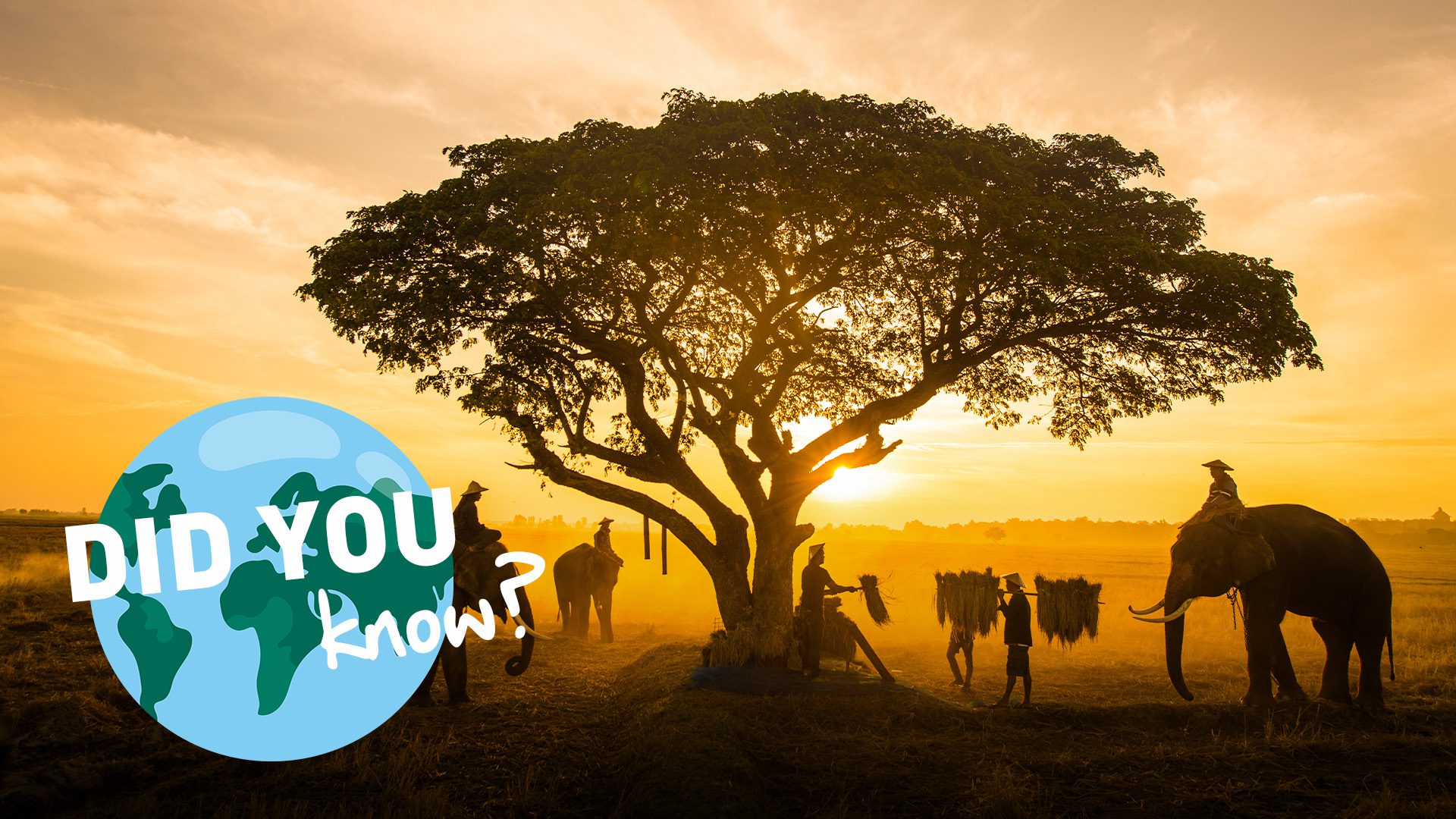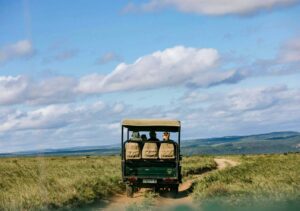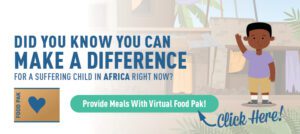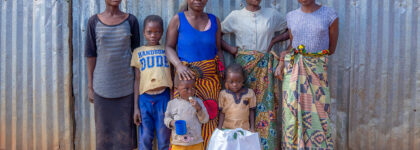PROSPER, TX – With 23 Fortune 500 companies and nearly $800 billion in annual GDP, the Dallas–Fort Worth metroplex ranks among the top five U.S…
Did you know?
With a coastline on the Indian Ocean, snow-capped mountain peaks, rolling grasslands, lakelands, and a valley lined by a chain of volcanoes, the country of Kenya has a little bit of everything. Sitting right on the Equator, Kenya is home to Mount Kilimanjaro, the highest free-standing mountain in the world and the tallest volcano in Africa. Here are a few things you might not know about this beautiful country.
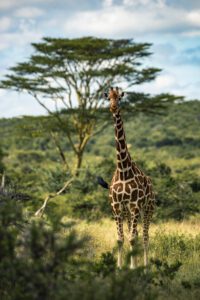
1. Best place to go on a Safari. For nine out of the past eleven years, Kenya has been recognized by the World Travel Awards as the world’s leading safari destination. Kenya is home to the Big Five—leopard, rhinoceros, lion, elephant, and buffalo. Wildlife conservation is also a big deal in Kenya. About 8% of Kenya is protected land dedicated for wildlife conservation. Many Kenyan safaris support wildlife conservation efforts.
2. “Hakuna Matata” isn’t just for animated characters.
The Swahili phrase loosely translates to “no trouble”, which is a way of life that accurately describes most Kenyan people. In general, Kenyans do not stress about the things they don’t have the ability to change.
3. The first African woman to win a Nobel Peace Prize was from Kenya. Wangari Muta Maathai was a Kenyan environmental, social, and political activist who won the Nobel Peace Prize in 2004 for her contribution to sustainable development, democracy, and peace. She was the founder of the Green Belt Movement, which has planted over 51 million trees throughout Kenya.
4. There are 68 different languages spoken in Kenya. While English is the official language in Kenya, Swahili is still known as the national language. Most Kenyans speak both English and Swahili as well as a third language—their tribal language. The most common way to greet someone is to say, “Jambo!”
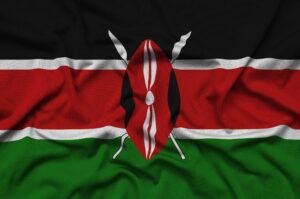
5. Kenya is incredibly diverse.One of the reasons there are so many languages in Kenya is because there is so much ethnic diversity. There are at least 42 different tribes in Kenya, and each tribe can be further divided into smaller clans. Most Kenyans take pride in their tribe or ethnic group and follow the traditions of that ethnicity. Kenya’s large population of refugees has also contributed to the country’s cultural diversity.
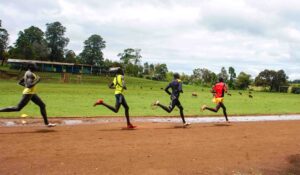
6. Kenya has some of the world’s best long-distance runners. If you’ve ever watched the summer Olympics, you’ve probably noticed that there are a lot of runners from Kenya. Specifically, Kenya is known for producing long-distance runners. The current world record holder for the men’s marathon, Kelvin Kiptum, is from Kenya. The men with the next five fastest times are also from Kenya. The town of Iten, in western Kenya attracts athletes from across Kenya and around the world to train.
7. The Great Wildebeest migration has no beginning or end point. Known often simply as the Great Migration, this natural phenomenon follows the migration pattern of up to 1.5 million wildebeest—plus about a million zebra, and large numbers of other animals. Throughout the year, this migration moves north from the Serengeti in Tanzania into the Masai Mara Reserve in Kenya and then back again.
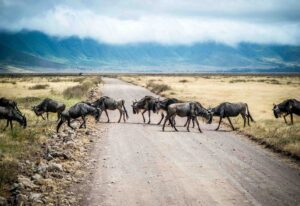
8. Kenya has a car-free island. Built in 1370, Lamu Island is the oldest town in east Africa. Located off the northeast coast of Kenya, Lamu Old Town was labeled as a UNESCO World Heritage Site. Built before the invention of automobiles, the buildings are built so close that there is literally no space for cars to fit between them. Instead of cars, locals rely on donkeys or carts if they cannot walk or need to transport items across the island.
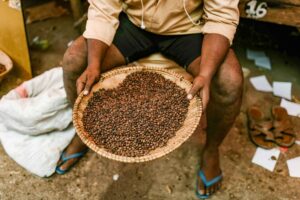
9. The main economic activity in Kenya is farming. Kenya is among the world’s top exporters of coffee, tea, flowers, and pyrethrum. Kenyan coffee is argued to be one of the best in the world and is the biggest foreign income generator for Kenya. Roughly 95% of the coffee grown in Kenya is exported.
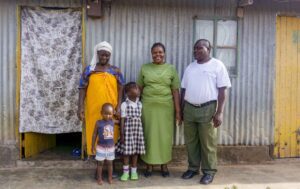
10. Local churches have partnered with Children’s Hunger Fund (CHF) to deliver Food Paks in Kenya for eight years. In partnership with Emmanuel Baptist Church in Nairobi, CHF launched a Mercy Network in Kenya in 2016. Currently, CHF supports 11 churches, each church ministering to about ten families in need each month—delivering food, building relationships, and sharing the hope of the gospel.

